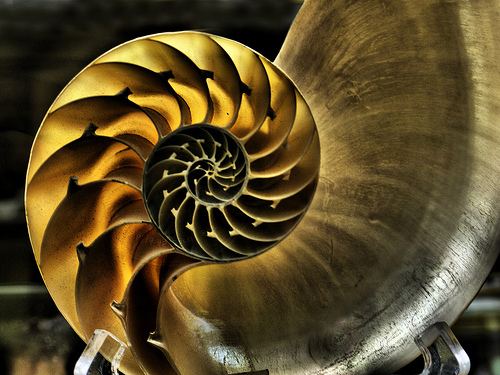

Then you will know the truth, and the truth will set you free. John 8:32 (NIV)
Reflection
Science is too often taught as collection of facts to memorize and spit back on the test, leaving students with no idea how those ideas came to be accepted as truth. Yet, to modify an old aphorism, if you give a man a truth, he will have it for a day. If you teach him how to catch truth, he will have it for a lifetime.
Most of the things we consider facts are actually inferences. In all my science classes I teach students how to distinguish evidence from inference, and that both are based on certain presuppositions, such as the basic presupposition that there is an external reality that we can reasonably accurately perceive. In a few areas, like evolution, different presuppositions about the existence and action of God can drastically affect how we interpret the evidence. I also teach that science is a form of argumentation, making a claim and supporting it with evidence and reasoning. This is philosophy—epistemology, not science—but it helps them understand why facts in science can change, and how to evaluate the truth of a claim.
As a child, I regularly went to a nearby abandoned reservoir to fish. Many of the things I caught were not fish. I caught sticks, algae, balls of lost fishing line and tackle, a turtle. Once, on the backcast, I even caught my friend’s ear. (After walking home with him in tow, our mothers decided the best solution was to cut the barb off the hook. I thought that was a waste of a good hook.) As our students cast for truth, many of the things they catch will not be truth. Unfortunately, it is more difficult to distinguish truth from falsehood than fish from sticks. How can we help?
Benjamin Franklin reminded us, “Half the truth is often a great lie.” Often it is the half-truths that are the hardest to detect. What seems like a large fish may be a small fish and a seaweed covered branch. But when both are brought into the light, the difference is clear. Similarly, each claim, each statement made in an argument must be evaluated separately. Sometimes the falsity is rooted in some small non sequitur in the logic of the argument, based on an unstated presupposition. As Leo Tolstoy said, “The truth is obtained like gold, not by letting it grow bigger, but by washing off from it everything that isn’t gold.”
Our students will catch falsehood. The question is whether they will keep it, thinking it is truth. If they know how to separate truth from falsehood, they will be free, no longer bound by fear that their faith could be overturned, nor afraid to cast for truth in murky snag-filled waters, where the largest truths often lurk.
Questions
Do I impart truths to my students, or do I teach them to catch truth?
Prayer
Lord Jesus, as we seek to guide others to follow your way, know your truth, experience your life, we will at times snag untruth. Help us to recognize it for what it is, and teach others to do the same.
Further Reading
Rau, Gerald. 2014. Mapping the Origins Debate: Six Views of the Beginning of Everything. Downers Grove, IL: InterVarsity Press. pp. 19-30, 175-190.
Gauch, Hugh G., Jr. 2003. Scientific Method in Practice. Cambridge: Cambridge University Press. pp. 21-40, 112-155, 370-373.
Franklin, Benjamin. Poor Richard’s Almanack, 1758. InfoUSA. U. S. Department of State. Through Archive.org. http://web.archive.org/web/20131223130909/http://usinfo.org/enus/government/overview/bf1758.html
Tolstoy, Leo. Quotation from Tolstoy’s Diaries, abridged version. Ed. R. F. Christian. Flamingo, 1994. http://books.google.com/books?id=ASXnAAAAMAAJ&q=%22The+truth+is+obtained+like+gold,+not+by+letting+it+grow+bigger,+but+by+washing+off+from+it+everything+that+isn%27t+gold%22+tolstoy%27s+diaries&dq=%22The+truth+is+obtained+like+gold,+not+by+letting+it+grow+bigger,+but+by+washing+off+from+it+everything+that+isn%27t+gold%22+tolstoy%27s+diaries&hl=en&sa=X&ei=lJthVI-2AqXjsAS-4oHQBQ&ved=0CCUQ6AEwAQ
In his freshman year, Gerald Rau cofounded the Intervarsity chapter at Wesleyan University. As a Ph.D. student in plant breeding at Cornell University he helped establish the First Ithaca Chinese Christian Church. After teaching science for many years at the American School in Taichung, he is currently semi-retired, starting an English ministry for international students while teaching scientific writing part-time at National Chung Cheng University in Chiayi, Taiwan. He has written Mapping the Origins Debate (IVP) and is working on publications on an eclectic array of topics including human origin, philosophy of science, scientific writing, and teaching English as a lingua franca.

Leave a Reply